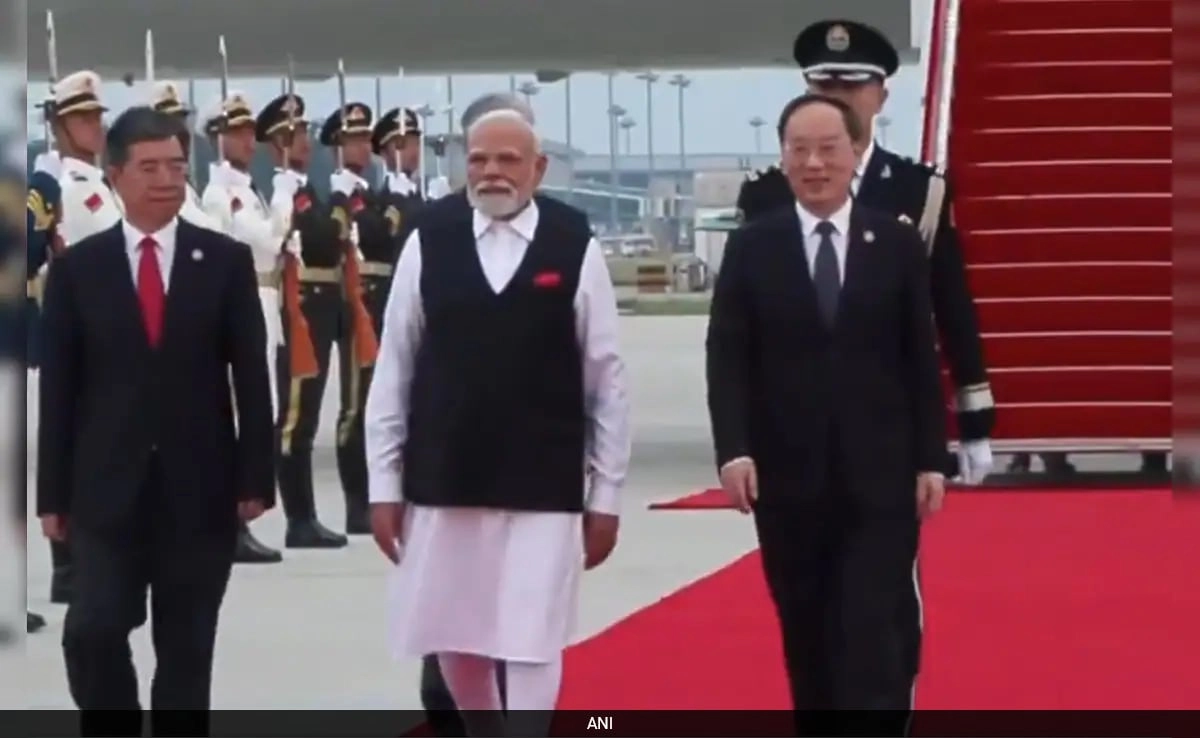In a recent interview, former President Donald Trump expressed his discontent regarding a particular image of himself that was featured on the cover of Time Magazine. He described the photograph as “super bad,” voicing his frustration over how it portrayed him. Trump specifically lamented the loss of his hair in the image, stating, “They disappeared my hair,” which reflects his sensitivity about his appearance, a topic he has often addressed in his public persona. The former president’s comments highlight not only his concerns about media representation but also the broader implications of image and perception in politics.
Trump’s reaction underscores the significance of visual representation in the media and its impact on public figures. In an era where appearance can greatly influence public opinion, Trump’s discontent with the portrayal suggests a deeper anxiety about how he is perceived by the electorate. His emphasis on hair—an often trivialized aspect of personal appearance—reveals a vulnerability that contradicts his typically combative public persona. The comment serves as a reminder that even the most powerful individuals are not immune to insecurities, particularly when it comes to the way they are depicted in the media.
Moreover, Trump’s critique of the photograph can be seen as a reflection of the broader cultural obsession with image and aesthetics. In contemporary society, the way individuals present themselves—whether through social media or traditional media—can significantly affect their reputation and success. This incident raises questions about the ethics of photo editing and representation in journalism, particularly concerning public figures who are constantly under scrutiny. Trump’s remarks may resonate with many who feel that they have been misrepresented or unfairly portrayed, illustrating the universal human desire for authenticity and respect in how we are seen by others.
As the dialogue around media representation continues, Trump’s experience serves as a lens through which we can examine the intersection of politics, media, and personal identity. His remarks not only shed light on his personal feelings but also invite a larger conversation about the responsibilities of media outlets in accurately representing their subjects. Ultimately, this incident speaks to the complexities of public life and the intricate relationship between image, perception, and reality in shaping political narratives.




